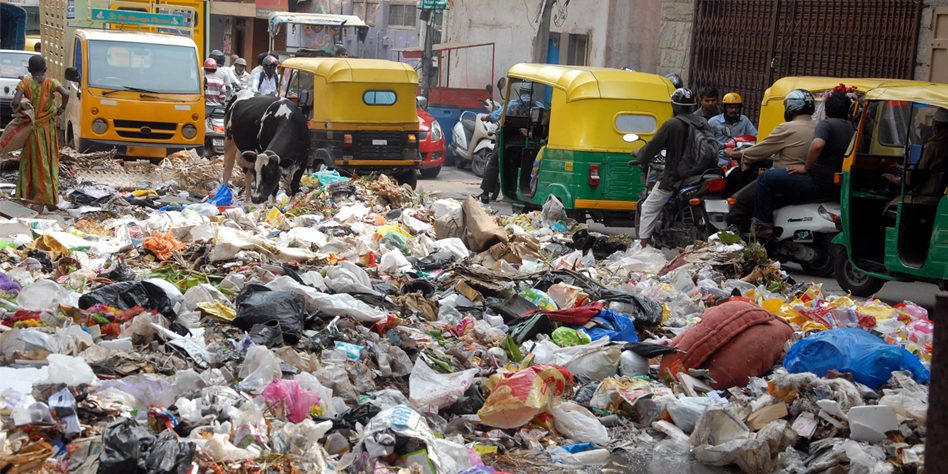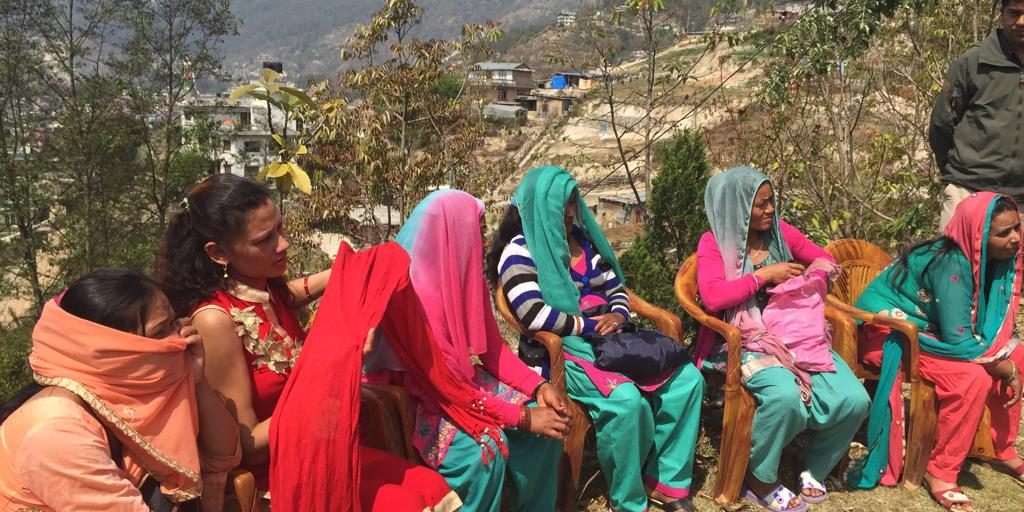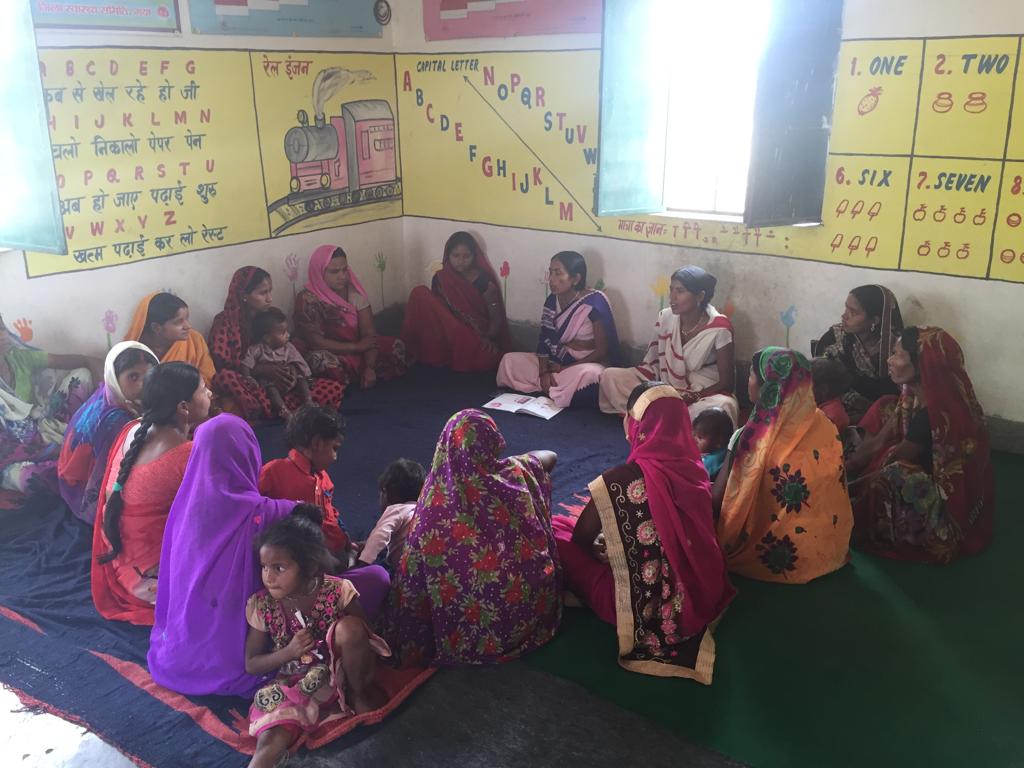Health & Sanitation
Provide access to health services and improve sanitary living conditions
Objectives
Provide destitute women and children with sustainable access to health services.
Train local public health actors to better serve underprivileged communities.
Promote actions to improve sanitation and waste management
Facts
Around 830 women die each day from preventable causes linked to pregnancy and childbirth.
A child aged less than 15 years dies every 5 seconds around the globe. Poor sanitation is linked to transmission of diseases such as cholera, diarrhoea, dysentery, hepatitis A, typhoid and polio and exacerbates stunting.
Projects
Sanitation & Garbage Collection in Delhi
Madanpur Khader, a slum settlement in South Delhi, has very poor sanitation. All open spaces are used as garbage dumps.
Thanks to the sanitation program and the community’s increased awareness on and involvement in waste management, 11 young men are now working as garbage collectors within the settlement. Every day, they collect the garbage from households, and segregate the different items with a view to recycling them. Families pay a small monthly fee for the garbage collection.
Thanks to the sanitation program and the community’s increased awareness on and involvement in waste management:
- EHygienic waste and garbage disposal from households;
- EClean drains;
- E• The conversion of a piece of land that is being used as a garbage dump into a clean, garbage free, green park, which can serve as an area of recreation for the community.
Launched in: 2011
Location: Madanpur Khader, South Delhi, India
Local Partner: Agragami India
Support for Childless Women in India and Nepal
In collaboration with the Graduate Institute Geneva and the University of Geneva, IFPD participates in a research project on the issues linked to infertility – and associated stigmatization – in underprivileged areas in India and Nepal.
IFPD and its local partners are responsible for the data collection in the areas where they currently implement projects (Delhi, Bodhgaya, Kathmandu) to better understand the social stigma behind childlessness.
The project is financed by the Swiss Network for International Studies (SNIS).
The objectives of the project are to:
- EExamine infertility as a public health issue with its cultural, social, technological, and policy dimensions
- EEnvision possible actions for better access to prevention and treatment
- EAdvocate on this issue with government representatives
Launched in: 2016
Location: Bodhgaya, State of Bihar, India
Local Partner: Agragami India
International Partner: IHEID, Université de Genève
Sanitation Program in Bodhgaya
A pilot program is being conducted in one of the 17 areas covered by the project implemented by IFPD and Agragami India in the surroundings of Bodhgaya; the program will subsequently be replicated in all project areas.
The objectives of the sanitation program In Bodhgaya is to raise awareness on:
- EHygiene
- EWaste management (collection and segregation of garbage)
- ESafe drinking water
- EThe building and proper use of toilets
Launched in: 2015
Location: Bodhgaya, State of Bihar, India
Local Partner: Agragami India
Health Centers in Mumbai
In the context of the Women of India Network (WIN) project, IFPD and its local partner organization Center for the Study of Social Change (CSSC) implemented 20 health centers in the slum of Bandra East.
The staff of health centers consisted of voluntary doctors and health workers. Each health center employed 2 to 4 health workers, who were recruited among the female slum population, and trained by the project.
WIN health centers offered:
- EInformation on health issues and medical care (diagnosis and treatment of common illnesses, gynaecological supervision, pregnancy checks, etc.);
- EPrevention of health deficiencies and sexually transmitted diseases, access to contraceptive methods, infertility and reproductive health counselling;
- EImmunization and medical supervision of children, as well as information on hygiene and nutrition.
Implemented from 2001 to 2012
Location: Bandra East Mumbai, India
Local Partner: Centre for Study of Social Change (CSSC)




